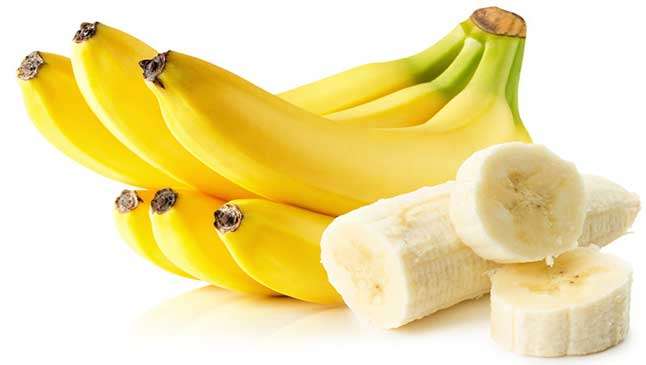Fruits are often considered a healthy and nutritious food choice, providing a variety of vitamins, minerals, and antioxidants. However, not all fruits are created equal when it comes to blood sugar levels. Some fruits, in fact, can have a significant impact on blood sugar levels and should be avoided or consumed in moderation by those who are sensitive to blood sugar fluctuations.
The first fruit to avoid is the banana.
Bananas have a lot of natural sugars and GI, so people with diabetes or those managing their blood sugar levels should not include them in their diet. Eating this fruit could raise the blood sugar level quickly, which is why it should be avoided.
Another fruit that can raise blood sugar levels is the mango.
Mangoes are also high in natural sugars and have a high GI rating. This means that they can cause a spike in blood sugar levels and should be avoided by those who are sensitive to blood sugar fluctuations.
The third fruit to avoid is the pineapple.
Pineapples are high in natural sugars and also have a high GI rating. They should be avoided by people with diabetes or those who are trying to keep their blood sugar levels in check.
Another fruit to avoid is the dried fruit.
Dried fruits, such as raisins, apricots, and dates, are often used as a convenient snack or ingredient in baking. However, they are also high in natural sugars and have a high GI rating. This means that they can cause a spike in blood sugar levels and should be avoided by those who are sensitive to blood sugar fluctuations.
The fifth fruit to avoid is the grapes.
Grapes, both red and green, are high in natural sugars and have a high GI rating. They should be avoided by people with diabetes or those who are trying to keep their blood sugar levels in check.
Lastly, it’s important to note that the juice of these fruits should also be avoided or consumed in moderation because the juice concentrates the sugar content.
However, it’s important to note that these fruits should not be avoided entirely. They can be consumed in moderation and balanced out with other foods to help keep blood sugar levels in check. For example, eating a banana with a source of protein, such as a hard-boiled egg or a spoonful of peanut butter, can help slow down the absorption of the sugars and prevent a spike in blood sugar levels.
Additionally, it’s important to keep in mind that not all fruits have the same impact on blood sugar levels. Berries, for example, are low on the glycemic index and are a great choice for people who are sensitive to blood sugar fluctuations. Other fruits that are lower on the glycemic index include apples, pears, oranges, and kiwi fruit.
In conclusion, while fruits are generally considered a healthy and nutritious food choice, some fruits can have a significant impact on blood sugar levels. By avoiding or consuming in moderation fruits that are high in natural sugars and have a high glycemic index rating, such as bananas, mangoes, pineapples, dried fruits, grapes and its juice, it is possible to keep blood sugar levels in check and reduce the risk of developing diabetes or other health problems. However, it’s important to remember that these fruits can still be enjoyed in moderation and balanced out with other foods to help keep blood sugar levels in check.


